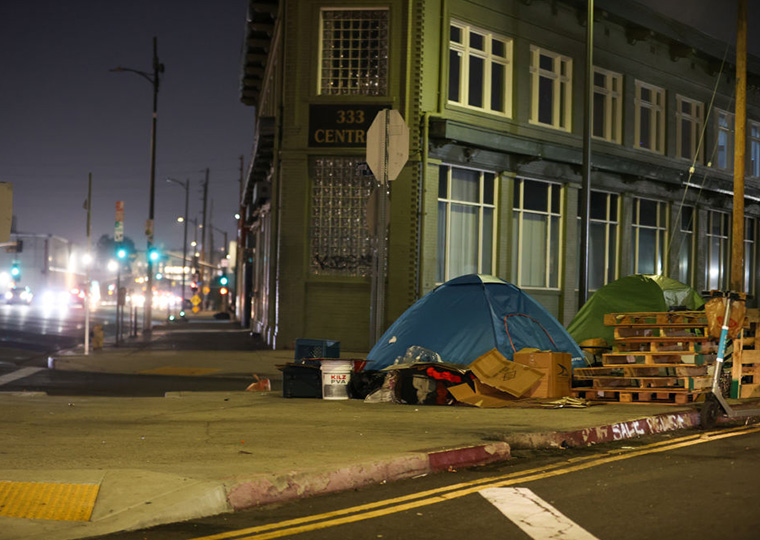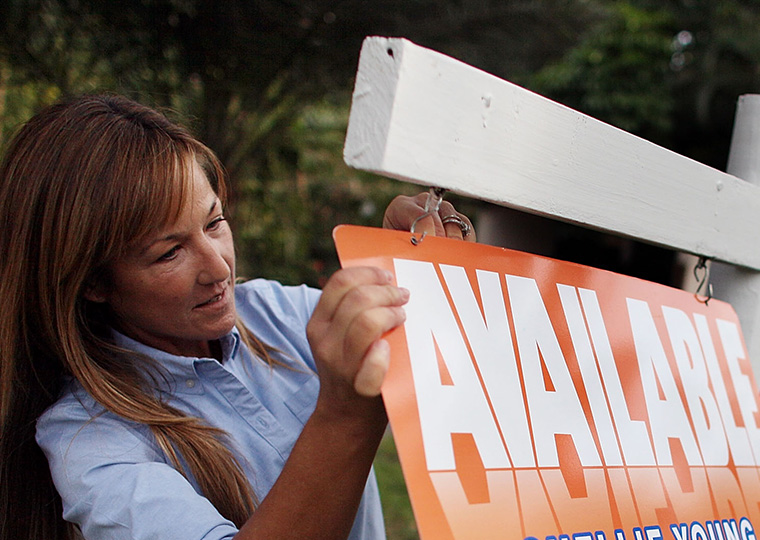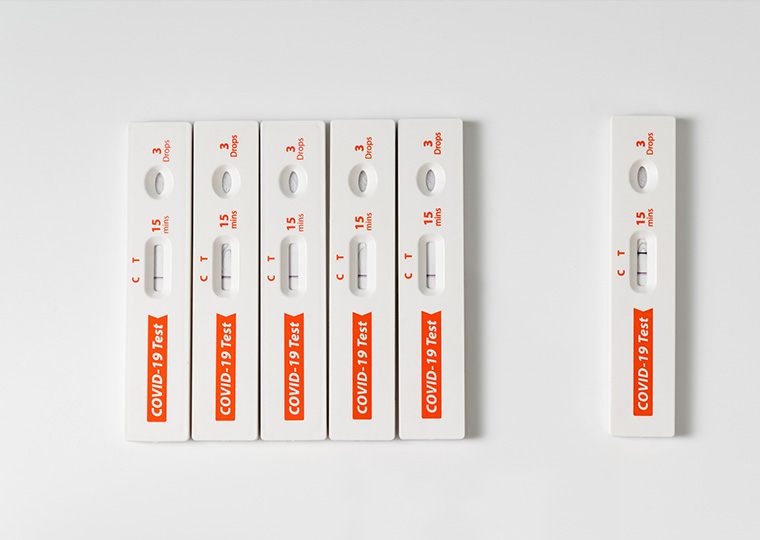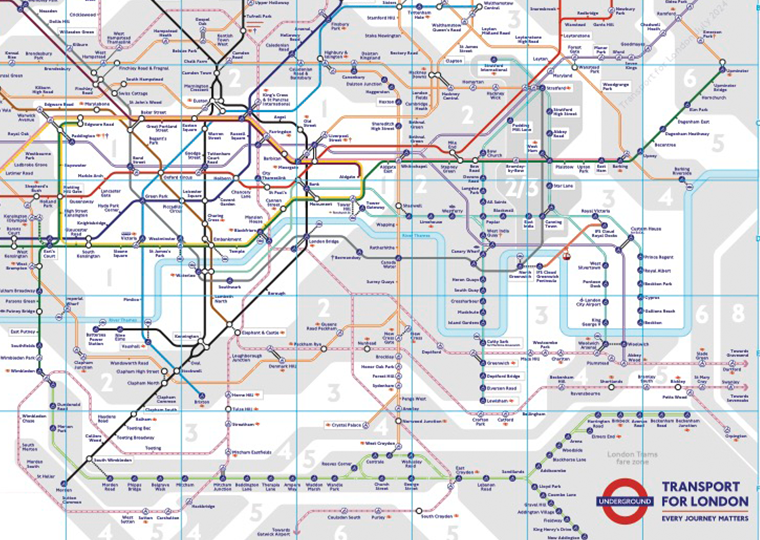Less diligent as shoppers, such buyers help drive up home prices
Rising home values have created unprecedented equity gains for people who bought during the past couple of decades. New research suggests that many of those homeowners unnecessarily lost chunks of their windfalls when buying their next homes.
A working paper focused on homeowner moves between 1996 and 2021 finds sellers who had collected large equity gains on their previous home overpaid by about 2% on average for their first subsequent home purchases. (About $8,000 extra on a $400,000 home, for example.) The overpayments rose with the size of the windfalls, by an average 7.9 cents for every dollar in equity gain the buyer had collected, according to findings by Brigham Young University’s Darren Aiello and Jason Kotter, and UCLA Anderson’s Gregor Schubert.
Opt In to the Review Monthly Email Update.
Three Million Transactions Analyzed
The collective effect of these overpriced sales was strong enough to drive up prices in the neighborhoods where the equity winners landed, as well as in surrounding commuting zones, the study finds. For every dollar of equity gain brought to a purchase, average housing prices in nearby neighborhoods rose 8.9 cents, according to the findings.
Starting with Zillow’s national data set of home sale transactions, the researchers homed in on transactions in which homeowners sold their main residence, then bought another residence within about nine months. In the final sample of 3.1 million sales, the average household moved from a property they had lived in for 6.6 years and collected an equity gain of $86,244.
To calculate overpayments, the researchers used a repeat sales model calibrated to control for several factors that complicate home value estimates. For example, they looked at how much above or below neighborhood comparables the home sold for before and after the transaction involving the equity-rich buyer. The exercise helps account for features the researchers could not quantify in the property, such as high-end renovations or a particularly popular lot.
Movers often buy bigger or more expensive houses, especially if they have pocketed large profits on their own home sales. On average, households in the sample spent an additional 87 cents per $1 of their equity gain. About 8 cents of that 87 cents goes to overpayment, according to the study. The finding suggests that a homeowner collecting the average $86,244 profit upon sale would pay $6,899 above value for their next home.
Excess profits from a previous home sale seem to make buyers less concerned about verifying the actual market value of the next home they want to buy, Schubert says in a phone interview. “It looks as if they don’t put in as much time and effort to get the right valuation on the next purchase,” he says. Even if they buy the subsequent home without a mortgage, they end up with a smaller discount than the average 8% to 10% on cash purchases, the study finds.
The anchoring effect of moving from very expensive markets to less expensive cities — New York City home prices can make Miami’s look cheap, for example — also makes buyers more lax in due diligence for pricing, Schubert says. But there is an additional effect when the buyer makes a bundle on their own home sale, according to the findings.
Buyers Who Don’t Overpay
Accurate valuations are relatively easy for buyers to find in neighborhoods with lots of turnover in like homes, such as a planned community built within a few years of each other by a few developers. There, the effects of equity gains on buyers’ willingness to pay up were muted, the study finds.
Equity-rich sellers making local moves who had lived in their old home for a long time also were less likely to significantly overpay than less settled local buyers. The researchers note that long-tenured locals were more likely to be somewhat familiar with area prices when they started shopping. Local buyers with low equity gains were the least likely to significantly overpay.
Sales of comparable nearby homes have a sizable effect on the market value of any given house, especially if sales are infrequent. The study finds that these overpayments had a large but short-lived effect on other sales. An extra $1 of equity sent prices of homes within a half mile of the equity-fueled sale up by 9 cents in the 180 days after the sale.
Within that small area, an equity-fueled overpayment kept surrounding prices up for at least a year. However, in larger neighborhoods where the sale would be considered comparable as much as 2 miles out, these purchases boosted area prices 30% less and only temporarily. No effects on neighborhood prices were found after a year.
For the study sample, the researchers stripped out transactions involving investors and vacation homes. They dropped transactions in which the household moved to or from a handful of states and counties where names of buyers are not public record. They also excluded foreclosures and took only sales between $30,000 and $2 million.
In prior housing research, Schubert finds that workers fleeing cities with expensive housing costs drive up prices in specific faraway cities. The migration paths the study finds offer explanations for why some cities have much hotter housing markets than others.
Featured Faculty
-
Gregor Schubert
Assistant Professor of Finance
About the Research
Aiello, D., Kotter, J. and Schubert, G. (2022). Housing Wealth and Overpayment: When Money Moves In.






